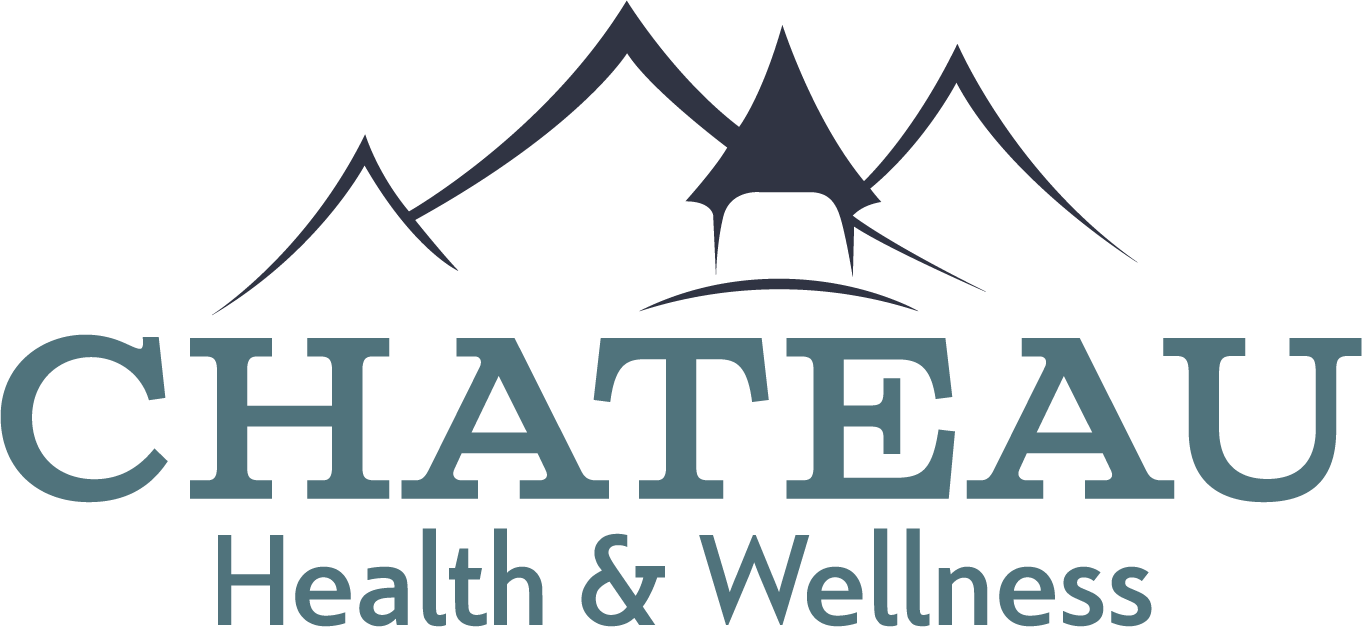
Dialectical Behavior Therapy (DBT)
Ben Pearson, LCSW
July 8, 2023 at 4:00:00 PM
Overview
Dialectical Behavior Therapy (DBT) is an evidence-based psychotherapy that uses cognitive techniques. It was developed to treat borderline personality disorder (BPD) and has recently been used to help with other mental conditions. DBT helps individuals regulate their emotions, improve interpersonal relationships, tolerate distress, and cultivate mindfulness.
"Dialectical Behavior Therapy is an evidence-based treatment that combines cognitive-behavioral techniques with acceptance-based strategies to help individuals develop skills for emotion regulation, distress tolerance, interpersonal effectiveness, and mindfulness." - National Institute of Mental Health (NIMH)


Process
What is the DBT Process?
Individual Therapy: Clients work one-on-one with a therapist to address their specific goals and challenges. The therapist provides guidance, teaches skills, and helps the client apply the learned techniques to real-life situations.
Skills Training: Group sessions focus on teaching specific skills in areas such as emotion regulation, distress tolerance, interpersonal effectiveness, and mindfulness. Clients learn and practice these skills in a supportive group setting.
Phone Coaching: Clients have access to their therapist for brief phone consultations between sessions to receive guidance and support in applying the skills during challenging situations.
Consultation Team: Therapists providing DBT receive supervision and support from a consultation team to ensure adherence to the treatment model and address any challenges in the therapeutic process.




Applications
Incorporating DBT into Your Mental Health Journey
Treatment of borderline personality disorder (BPD)
Management of self-harming behaviors and suicidal ideation
Addressing mood disorders, such as depression and bipolar disorder
Supportive in managing substance use disorders, eating disorders, and post-traumatic stress disorder (PTSD)
Skill-building for individuals who struggle with emotional regulation and interpersonal challenges
Frequently Asked Questions
What is Dialectical Behavior Therapy (DBT)?
Dialectical Behavior Therapy (DBT) is a type of psychotherapy that combines elements of cognitive-behavioral therapy (CBT) with principles of mindfulness and acceptance. It was developed by Dr. Marsha M. Linehan to help individuals with emotional dysregulation and difficulty in managing intense emotions.
What are the main goals of DBT?
The primary goals of DBT are to help individuals develop skills to regulate their emotions, improve their interpersonal relationships, tolerate distressing situations, and develop mindfulness abilities. It aims to enhance their quality of life and reduce self-destructive behaviors.
Who can benefit from DBT?
DBT was initially developed to treat individuals with borderline personality disorder (BPD). However, it has also been found effective for other conditions such as self-harm behaviors, substance use disorders, eating disorders, post-traumatic stress disorder (PTSD), depression, and anxiety disorders. DBT can be beneficial for anyone struggling with emotional dysregulation.
What are the components of DBT?
DBT consists of four main components: individual therapy, group skills training, phone coaching, and a therapist consultation team. Individual therapy focuses on addressing specific issues and providing support, while group skills training teaches practical skills for emotional regulation, distress tolerance, interpersonal effectiveness, and mindfulness. Phone coaching provides support between sessions, and therapist consultation teams help therapists stay motivated and effective in their practice.
How long does DBT treatment usually last?
The duration of DBT treatment can vary depending on individual needs and the severity of the issues being addressed. Generally, a full round of DBT treatment can range from 6 months to a year. However, some individuals may benefit from longer or shorter treatment periods.
Is medication prescribed in DBT?
While DBT primarily focuses on psychotherapy, it recognizes that medication can be an important adjunct to therapy for certain individuals. In DBT, medication is often used to target specific symptoms or conditions that may be present alongside emotional dysregulation, such as depression, anxiety, mood swings, or impulse control issues. Medication can help alleviate some of these symptoms, making it easier for individuals to engage in therapy and practice the skills taught in DBT.




Resources
Dialectical Behavior Therapy, Fact Sheet, The Association for Behavioral and Cognitive Therapists. https://www.abct.org/fact-sheets/dialectical-behavior-therapy/
Behavioral Tech: www.behavioraltech.org (Provides training, resources, and information on DBT)
The Linehan Institute: www.linehaninstitute.org (Organization founded by the developer of DBT, Dr. Marsha Linehan, with resources and information on DBT)
Modality Benefits
Physical Benefits
Reduced physical symptoms associated with stress and emotional dysregulation
Improved sleep quality and patterns
Enhanced self-care practices and healthier lifestyle choices
Mental Benefits
Improved emotional regulation and stability
Decreased symptoms of depression, anxiety, and impulsivity
Enhanced coping skills for managing intense emotions and crises
Increased self-esteem and self-acceptance
Social Benefits
Improved interpersonal relationships and communication skills
Enhanced assertiveness and boundary-setting abilities
Reduced conflicts and improved conflict resolution skills
Increased empathy and understanding of others
Medical Benefits
Effective in reducing self-harming behaviors and suicidal ideation
Supportive in managing symptoms of borderline personality disorder (BPD) and other mood disorders
Beneficial for individuals with co-occurring substance use disorders, eating disorders, and post-traumatic stress disorder (PTSD)








